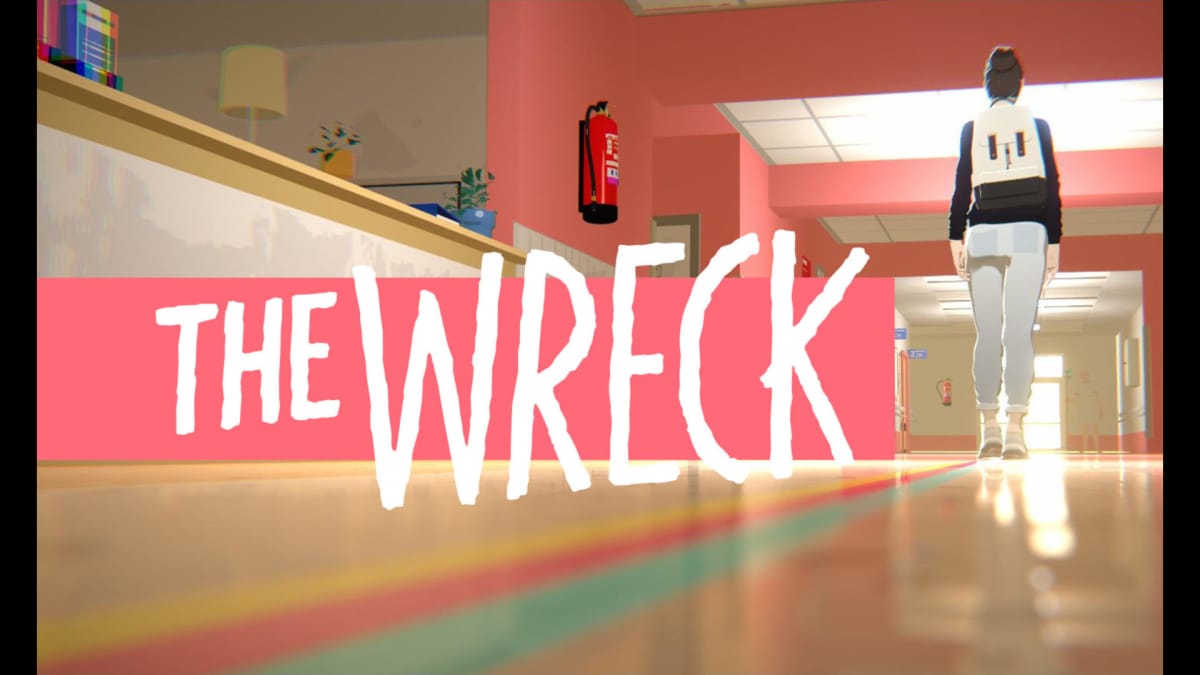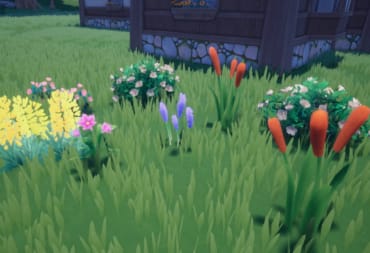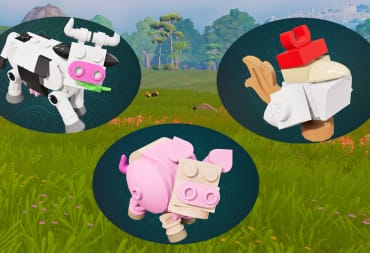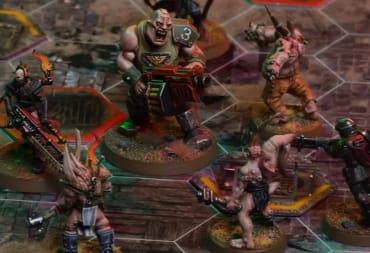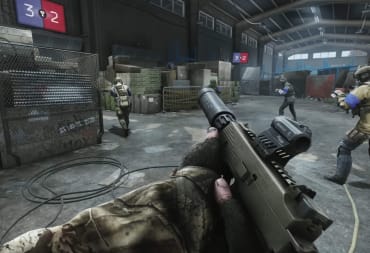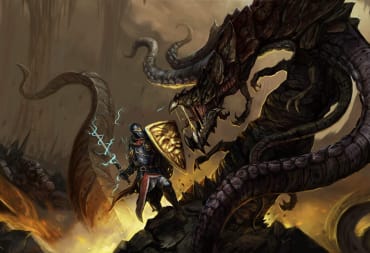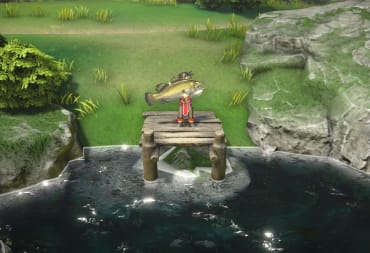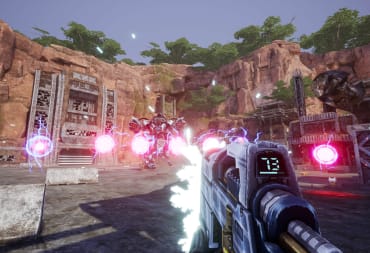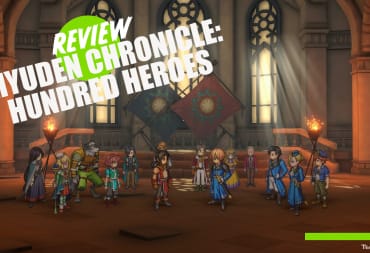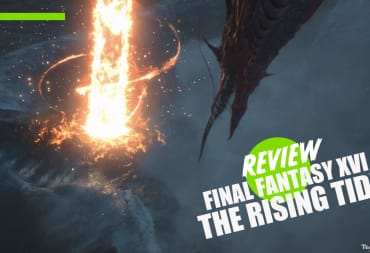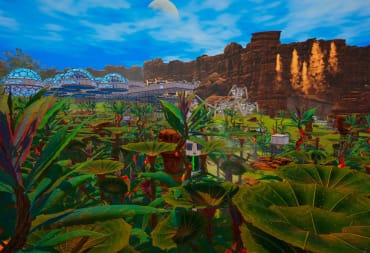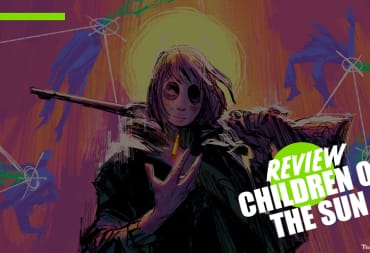There’s no real easy way to introduce this, so let’s get to the main event: The Wreck! A 3D visual novel and the latest game from French developers The Pixel Hunt, known for releasing games like the ambitious and harrowing Bury me, my Love. They also have a history in public broadcasting and TV production, something that will become quite clear as you begin to play The Wreck.
You play as Junon Demange, a struggling screenwriter who is called into the hospital, as her mother, famous artist Marie Demange, suffers an aneurysm. With Junon named as the next-of-kin to make the decision for care — something Junon didn’t know about — you’re a witness to her internalizations and thoughts of her family and loved ones. Accompanying this is the framing device of a car crash, with the floating items within the flailing car being portals to the implied memories that will aid in her final decision regarding her mother.
The best way to describe The Wreck initially is “quaint”. There’s a certain soft touch to every part of the intro, the colors utilized, the locations, and Junon’s calm voice setting the scene. It contrasts wonderfully to the gut punches that’ll be set up later and is the perfect accompaniment to the type of visual novel The Wreck wants to be: Fresh, exciting, and with the type of edge that’s a pleasant surprise, if nothing else.
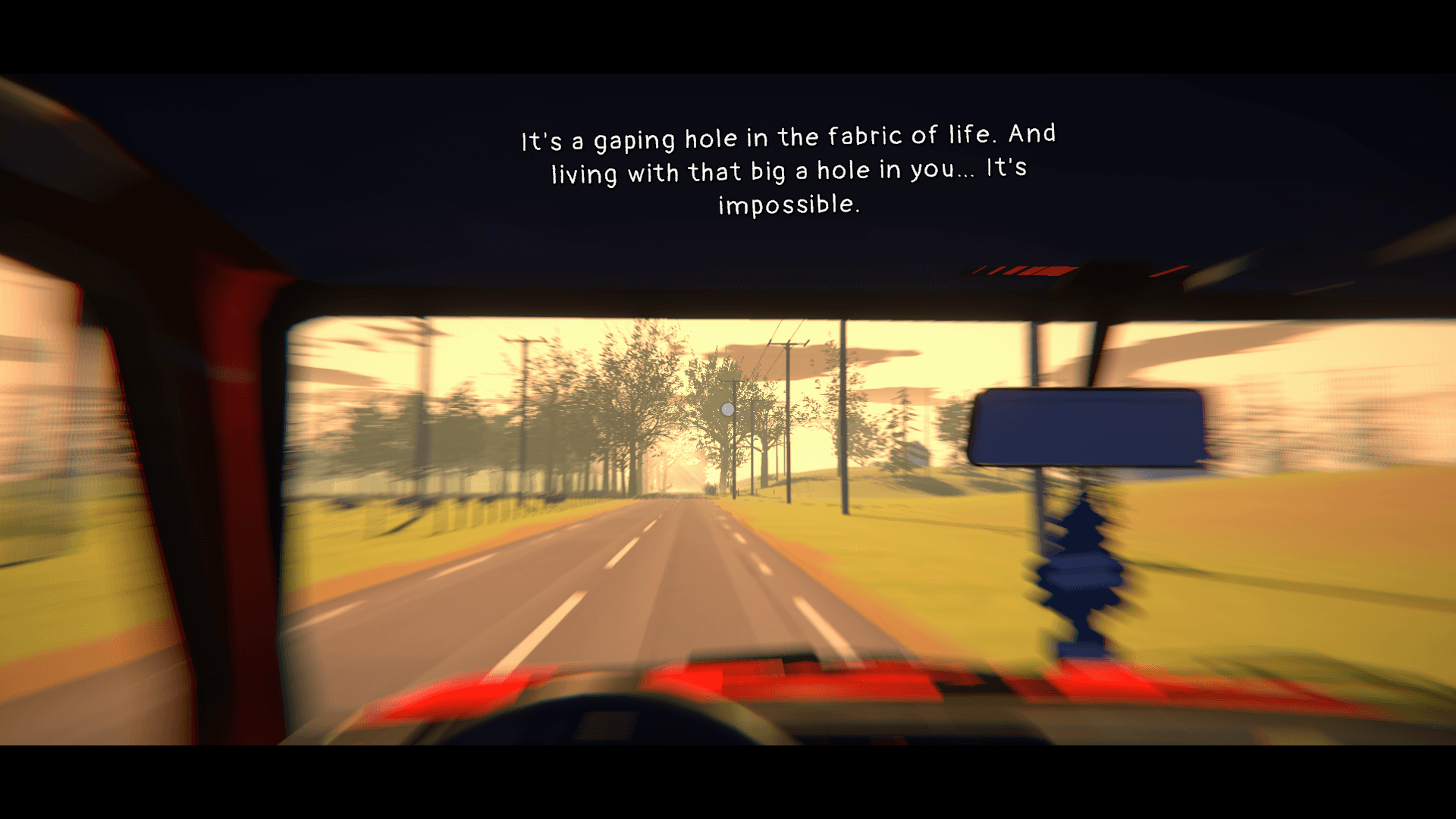
The gameplay can be classified as a rather cinematic and simultaneously static visual novel. The linearity of the story means that all of the answers will lead to the same conclusions, but between answer prompts, visual text will float on the screen for the player to click to provide commentary and other answers for the next decision. However, some of these prompts won't be interactive the first time you see them; not until you are forced to watch Junon suffer a horrific car crash, at which point time slows, and you have to click on a floating item in the debris to continue.
From here, you're in a memory sequence, many of these masterfully directed to connect what just happened to a past event in Junon's life. The same prompts from before show up, out of order and in different spots to force replaying through the set pieces, as Junon tells you about her life and linchpin moments that define her character. Once you're done, you're immediately placed back to where the text prompt was to continue the story, waiting for the next time it happens.
While constantly replaying the cycles to find the text prompts in different parts of the scene can usher in worries of repetition — especially since you're not allowed to leave until you find them all — The Wreck manages to circumnavigate these problems. It's not just that the writing is constantly strong, Junon pouring her heart out for this entity, but it's also the way these mechanics tie into the story. Junon is co-operating with the player to show her past, not to change it, but how it builds resolve for potential future conflicts.
With that said, it does help that Junon Demange is one of the best-written characters this year, a truly fascinating character study. The way her blasé yet simultaneously dramatic undertones clash with each other as she comes to terms with her decisions and past is a true marvel to watch, her unflinching resolve never eking into off-putting despondency. At the same time, The Wreck isn't afraid of showing vulnerability in her strides, as family conflict appropriately disarms her where you'd expect, yet it can still come as pleasant shock are barbed words are exchanged.
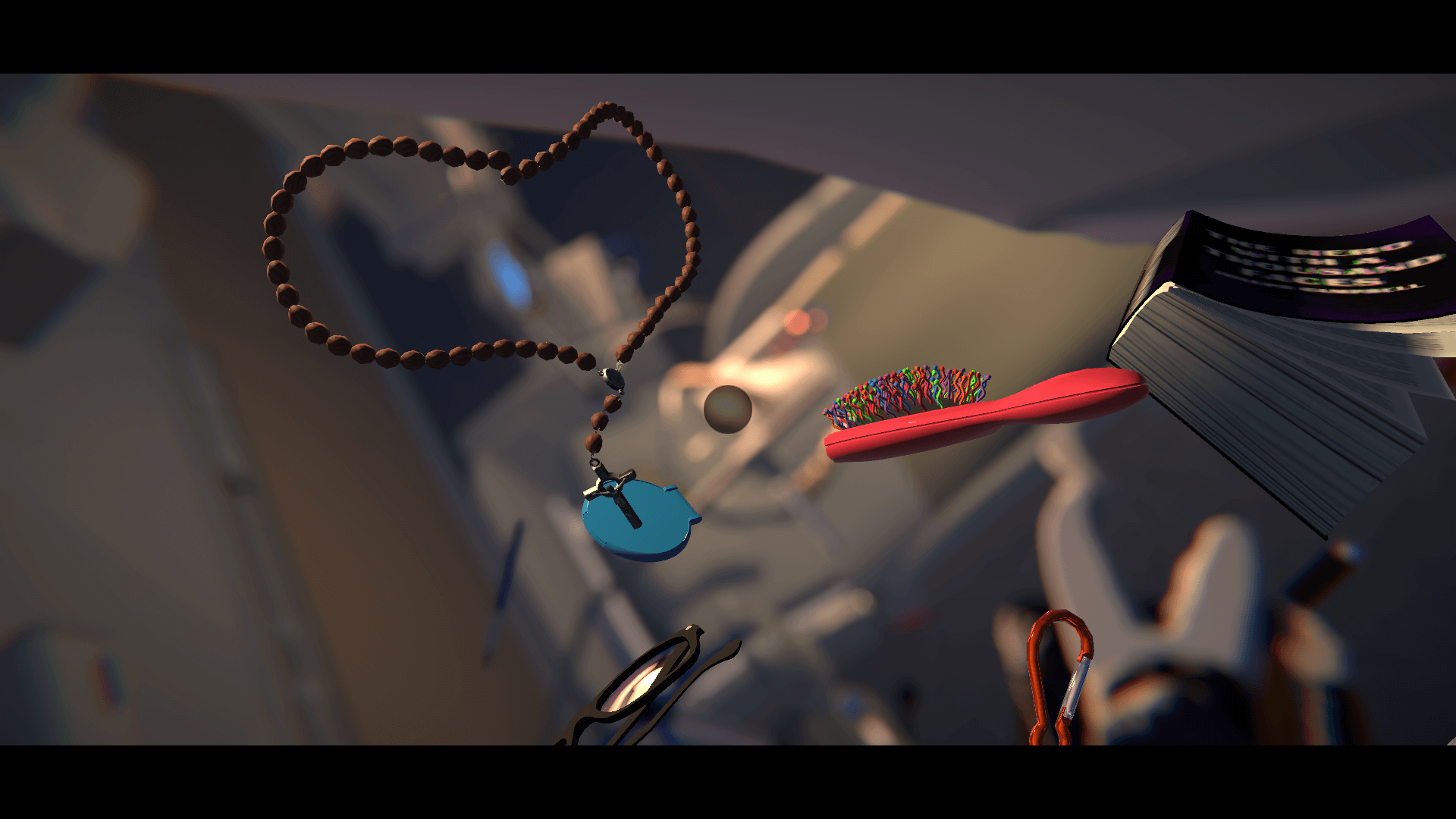
There are points where it can lose you. The Wreck is not ashamed of name-dropping other media in an attempt to humanize Junon’s tastes, or give a quick shoutout, but a lot of it comes across as transparent. It’s not that you can’t reference Manchester by The Sea or Eternal Sunshine of The Spotless Mind to explain how Junon coped in the face of grief, but it occupies a space of superficial lip service. Both of these movies occupy different outsets of grief which, while they relate to the story, the latter doesn't make sense in the context of the scene, even with an explanation.
The game’s direction and storyboarding can also be muted slightly by the animation style, which is not to discredit the visuals entirely. While the visual direction itself is appealing, especially when paired with the dreamier sequences, certain elements like body language and emotions are disregarded in intense moments. The most you’ll get is Junon’s brow furrowing slightly, her leg pushing forward oh-so-slightly, which doesn’t really convey some of her more vulnerable moments.
This isn’t enough to discredit The Wreck’s story or key events though, as they’re all phenomenal. Towards the end, the game pulls out its heaviest hitters, the apex of which being a heartbreaking monologue set against the gameplay in a much more maudlin fashion. The context is there, the performance is sonorous, and what results is one of the best sequences I’ve seen in any form of media in the past few years. With that fresh in your mind, you’re ready to experience the ending, and then…?
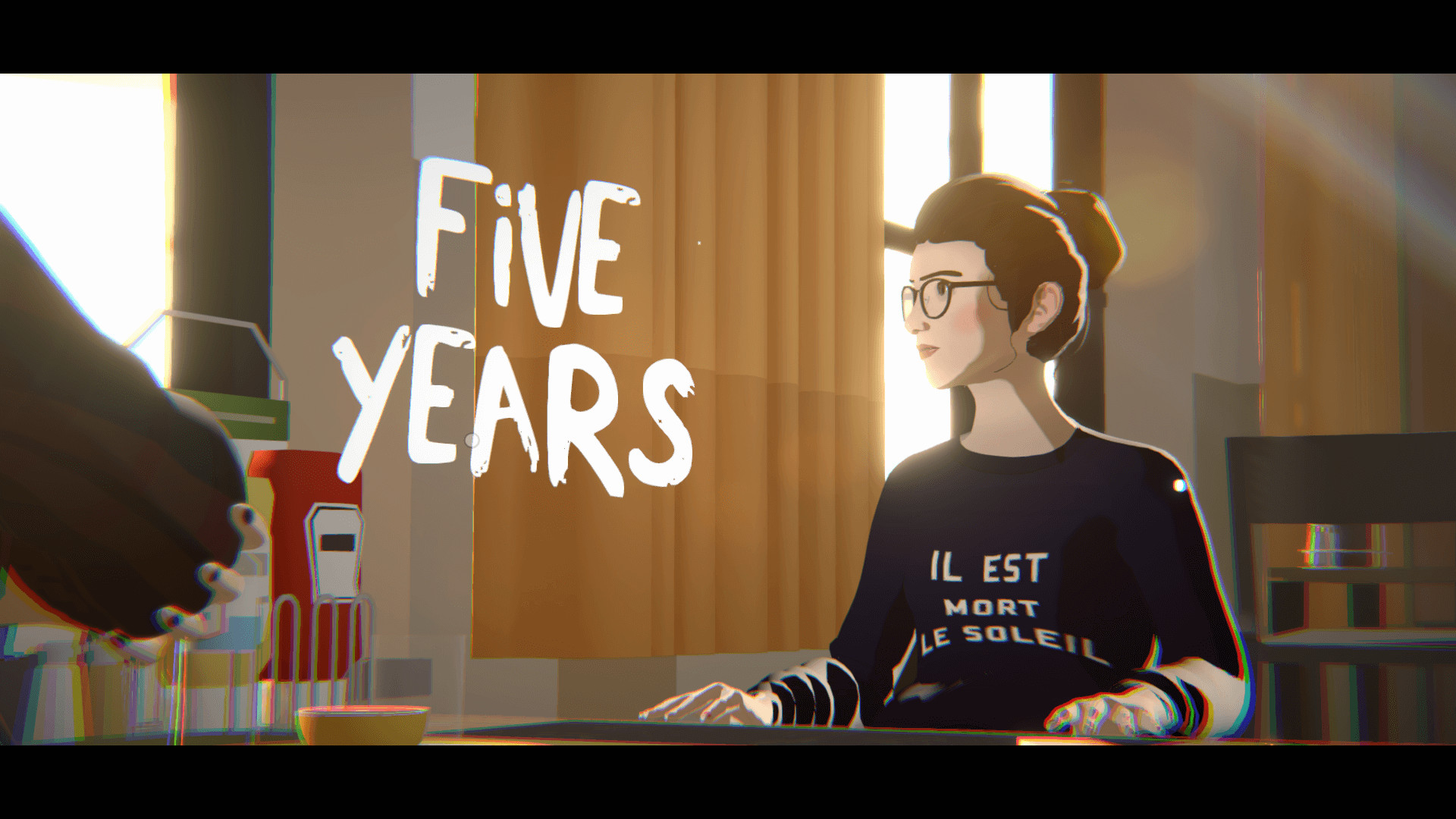
Without going into spoilers, while I understand and appreciate the multiple choices you can make for the ending, it doesn’t really prepare you for what happens afterwards regardless. It’s not about the emotion you feel, but the complete 180 it makes to convey the story you’ve just witnessed. All of this commentary on cyclical behavior, systematic abuse, the sheer agony Junon’s been through alongside her family and loved ones, all of it seems… again, without spoilers, pointless afterwards.
Truth be told, I agonized a bit over what it meant, or if it meant anything at all. Whether it’s a letter for the future, or a lesson for the ages, its execution is a debate that left me ruminating for days between me and correspondents. After a while though, there was an invigoration that I came to appreciate, and that was the fact that The Wreck prompted such discussion; not just with the ending, but its themes in general.
The Wreck Review | Final Thoughts
The Wreck isn’t a good game just because of what’s in it and how it’s portrayed. The Wreck isn’t a bad game because it fumbles certain elements of satisfaction. It’s the type of experience that sparks interpretation, discussion and pondering, even now as I type these words. A testament to the world’s absurdity, the cycles we find ourselves in, the attempts to escape, and knowing how it shapes you as a person.
To life, its absurdities, and the wonder within.
TechRaptor reviewed The Wreck on Xbox One S, using a copy purchased by the reviewer. It is also available on Xbox Series S|X, Playstation 4, Playstation 5, Nintendo Switch, and PC.
Review Summary
Pros
- One of the best narratives you'll experience this year
- A phenomenally well told character study
- Gameplay mechanics are in sync with the story perfectly
Cons
- Sound design feels non-existent for a large part of the game
- Animations leave a lot to be desired
Have a tip, or want to point out something we missed? Leave a Comment or e-mail us at tips@techraptor.net
